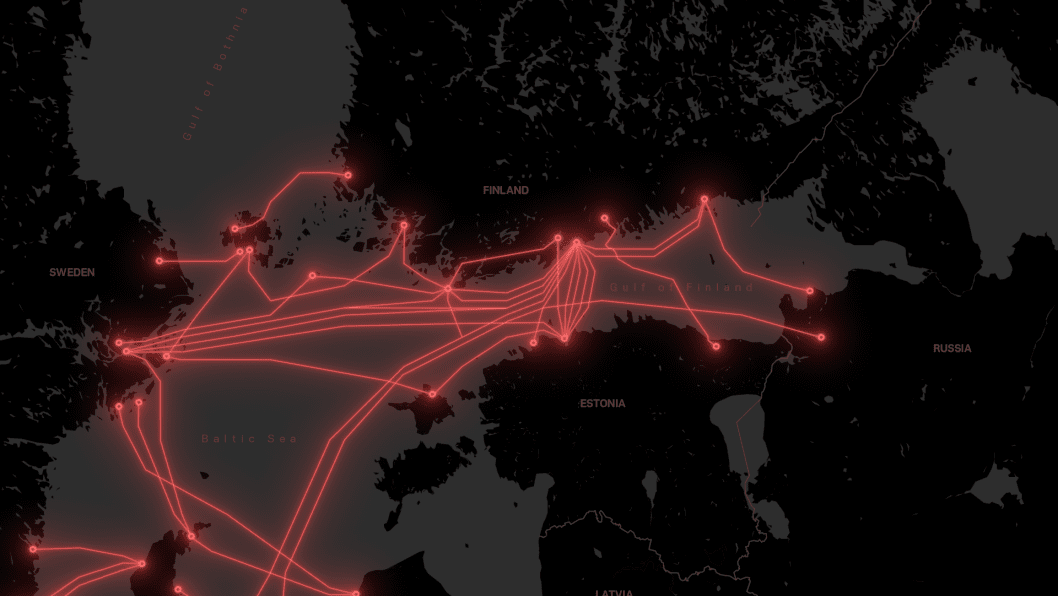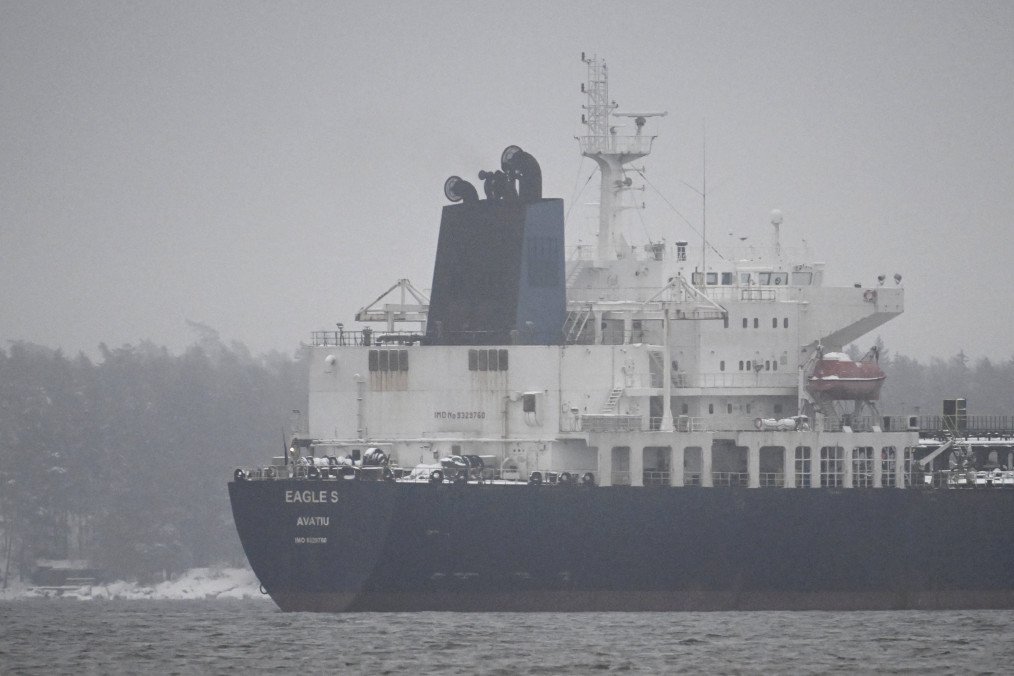At least 76 oil tankers from Russia’s so-called shadow fleet passed through the territorial waters of NATO member states in the Baltic Sea using falsified insurance certificates, according to a joint investigation by Danish outlet Danwatch and Norway’s NRK on March 25.
The certificates were issued by a front company named Ro Marine, which claimed to be based in Norway but was actually controlled by a Russian national, 41-year-old Andrey Mochalin.
The investigation found that the company had no real operations, conducted no financial activity, and had only one listed employee — a Bulgarian national serving on the board of directors. Mochalin, who previously worked in Norway’s insurance industry, currently resides in St. Petersburg, Russia.
Ro Marine claimed to be licensed by Norway’s Financial Supervisory Authority (FSA), citing a permit allegedly issued in 2016. However, investigators discovered that the license was forged and that the company did not exist at the time. The license also referenced laws not found in Norwegian legislation, and the document was signed by a person who had never worked at the FSA.
Norwegian authorities began examining the case after receiving a verification request from an insurance firm in Ghana in September 2024. The FSA confirmed the document in question showed clear signs of forgery.
Further inquiries revealed that Ro Marine used the address of the Norwegian Shipowners’ Association without authorization. The association attempted to contact the company multiple times, requesting the removal of its address from Ro Marine’s website and registration documents, but received no response.

On March 21, 2025, Norwegian police searched one of the listed company addresses in Oslo and charged four individuals — Mochalin, the Bulgarian board member, and two Norwegian business associates — with document forgery. It remains unclear whether any of them have been detained.
According to the investigation, Ro Marine issued insurance documents to at least 255 vessels. Several of these ships, including oil tankers affiliated with Russia’s shadow fleet, regularly transit the Baltic Sea. In some cases, forged documents were shown to authorities in at least 12 NATO countries without raising suspicion. Eight Russian tankers passed inspection in the Gulf of Finland while using Ro Marine certificates.
Despite being exposed, Ro Marine added another Russian tanker to its registry after several ships were removed from its website following media inquiries. The company’s site is operated from St. Petersburg, and its branding was created by a Russian design agency.
Experts interviewed by Danwatch and NRK said the case undermines the global maritime safety and environmental protection framework.
Insurance providers are responsible for verifying a ship’s compliance with safety standards to reduce the risk of maritime accidents. However, Ro Marine bypassed these checks entirely, allowing potentially unsafe vessels to operate without proper oversight.
Earlier in February, Politico reported that the EU was preparing a large-scale crackdown on Russia’s shadow fleet in the Baltic Sea. The plan includes new legal tools to detain aging or uninsured tankers on environmental or security grounds, amid concerns that nearly half of Russia’s sanctioned oil exports pass through the Gulf of Finland.




-111f0e5095e02c02446ffed57bfb0ab1.jpeg)


